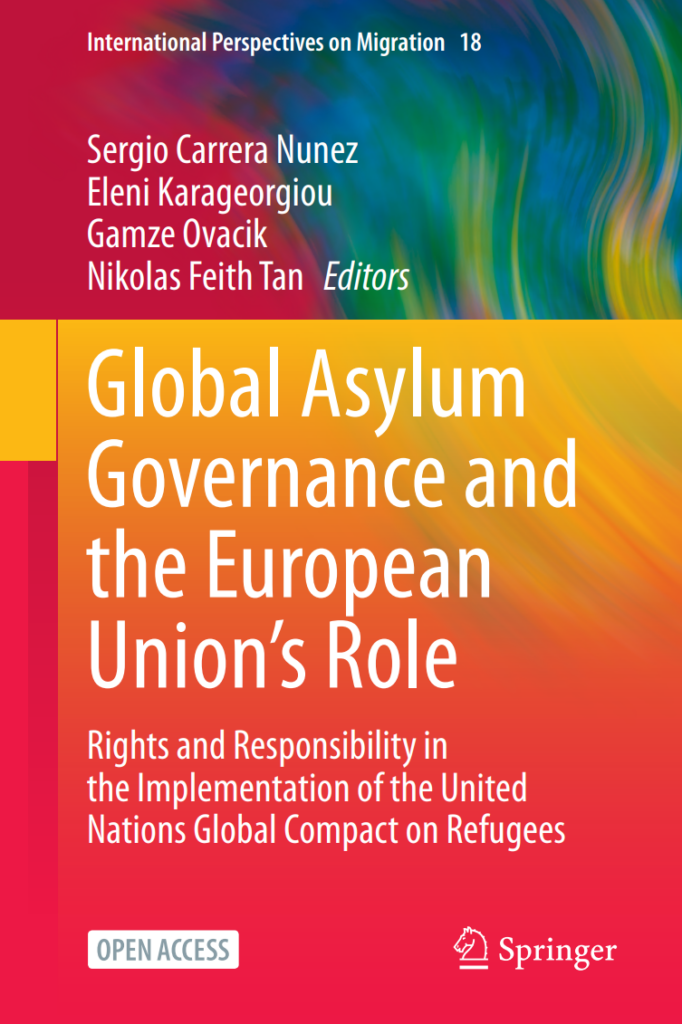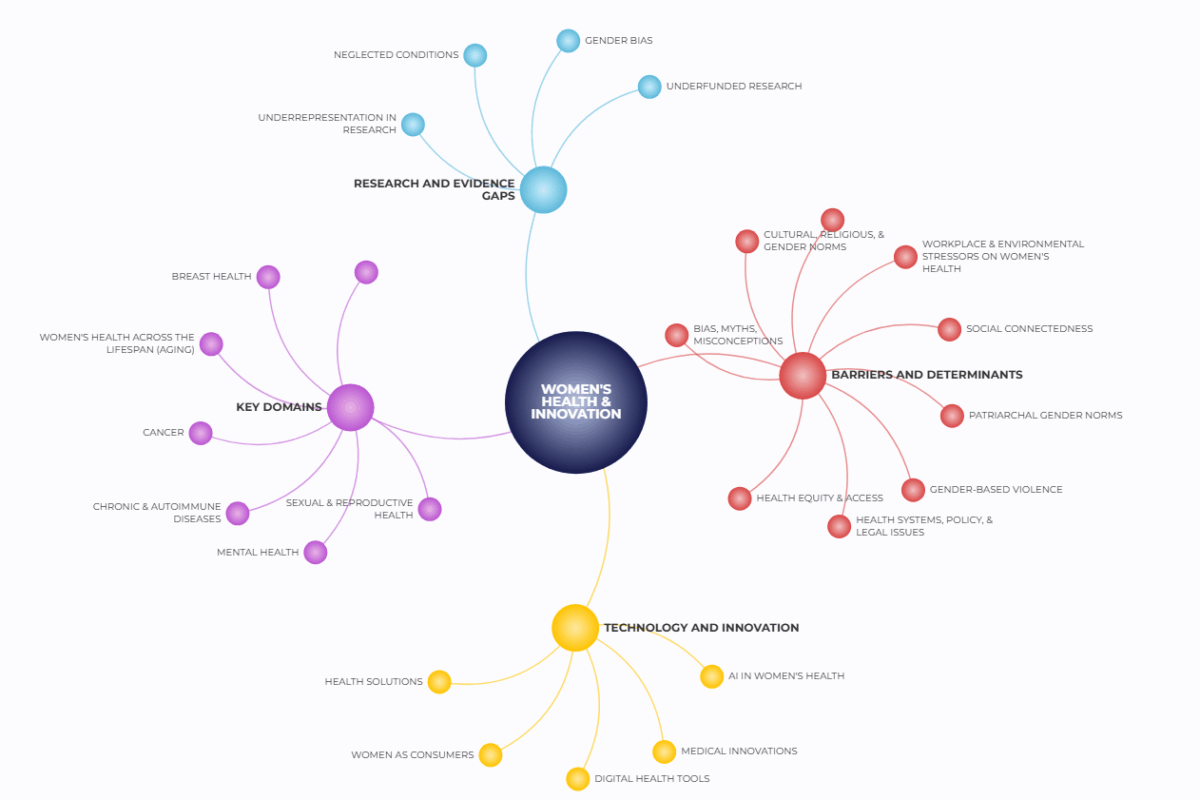On the occasion of the International Migrants’ Day, CEPS reaffirms its commitment to advancing evidence-based and human rights compliant migration and asylum policies in Europe and beyond. Our latest research is reflected in our two most recent academic publications in the context of two EU Horizon projects focused on the scope of asylum and migration governance around the world and the European Union, and their impacts on international refugee and human rights standards. The books highlight how asylum and migration governance policies are largely characterised by responsibility-shifting, serious human rights violations and rule of law-backsliding across the globe. The research findings highlight the central role played by the triangular relationship between human dignity, the right to asylum and justice in order to: first, fully align current policies with these unnegotiable international and regional standards; second, prevent the further irregularisation and criminalisation of some human mobilities; third, effectively countering institutionalised manifestations of xenophobia, racism and discrimination; and fourth, humanising public debates and responses, so as to place the dignity, safety and well-being of every person at the heart of every policy.
 |
Global Asylum Governance and the European Union’s Role. Rights and Responsibility in the Implementation of the United Nations Global Compact on Refugees |
Editors:
- Sergio Carrera Nunez,
- Eleni Karageorgiou,
- Gamze Ovacik,
- Nikolas Feith Tan
What are the characteristics and impacts of asylum governance instruments and their implementation in selected countries hosting large communities of refugees around the world? and what is the relationship and compatibility between asylum governance and refugee protection and human rights standards, and states’ and implementing actors responsibilities in cases of human rights violations?
This Book critically explores the emerging international, regional and national asylum governance mechanisms through the prism of the United Nations Global Compact on Refugees (GCR), which calls for human rights-compliant, equitable and effective arrangements for responsibility sharing. In doing so, the Volume identifies key lessons learned and provides a critical view on policies often framed as ‘good or promising practices’ around the globe to inform future steps in the GCR implementation in the context of the Global Refugee Forum (GRF) and its next meeting scheduled to take place in 2027.
This Volume presents the overall results and synthesizes the most important scientific outputs and findings resulting from 4 years of work in the scope of the Horizon 2020 Project Global Asylum Governance and the European Union’s role (ASILE) coordinated by CEPS. The ASILE project ran between 2019 and 2024, and comprised an international, interdisciplinary network of universities and national researchers, and civil society organisations across all relevant regions and countries under investigation.
The ASILE Project created a Global Portal providing a unique web-based platform for users to obtain access to all ASILE country-specific research, legislation, policies and scholarly literature by way of an interactive clickable world map.
For more information visit: ASILE Global Portal | Asile
READ IT HERE
 |
Irregularising Human Mobility: EU Migration Policies and the European Commission’s Role |
Authors:
- Sergio Carrera
- Davide Colombi
What is the history and current state of play of EU law and policy covering irregularised human mobility? What has been the role and contributions of the 2019-2024 European Commission as regards EU migration policy? Through the concept of irregularity assemblages, this book investigates how migration policies have been problematised at the EU institutional level, in particular by the European Commission. It critically assesses the assumptions lying behind the Commission’s political priorities, agendas and policy outputs.
The overriding priority driving EU migration policy has been the expulsion, policing and criminalisation of people framed or categorised as ‘irregular migrants’. The analysis shows how Commission has failed to effectively perform its role as guardian of the Treaties and unequivocally enforce and comply with EU Treaty constitutive values, EU law and Better Regulation commitments in migration policies.
This book falls within the scope of the Horizon Project I-CLAIM, where CEPS is a partner.
For more information visit: Home – I-CLAIM











